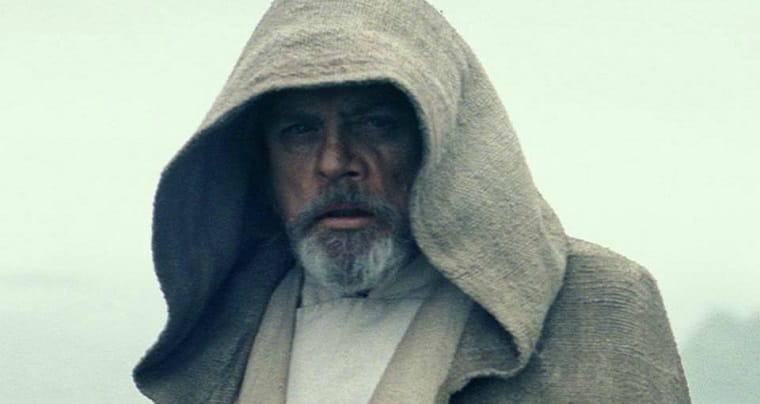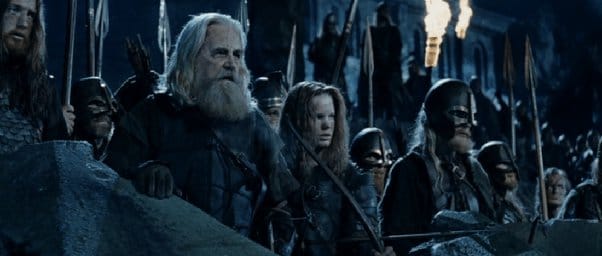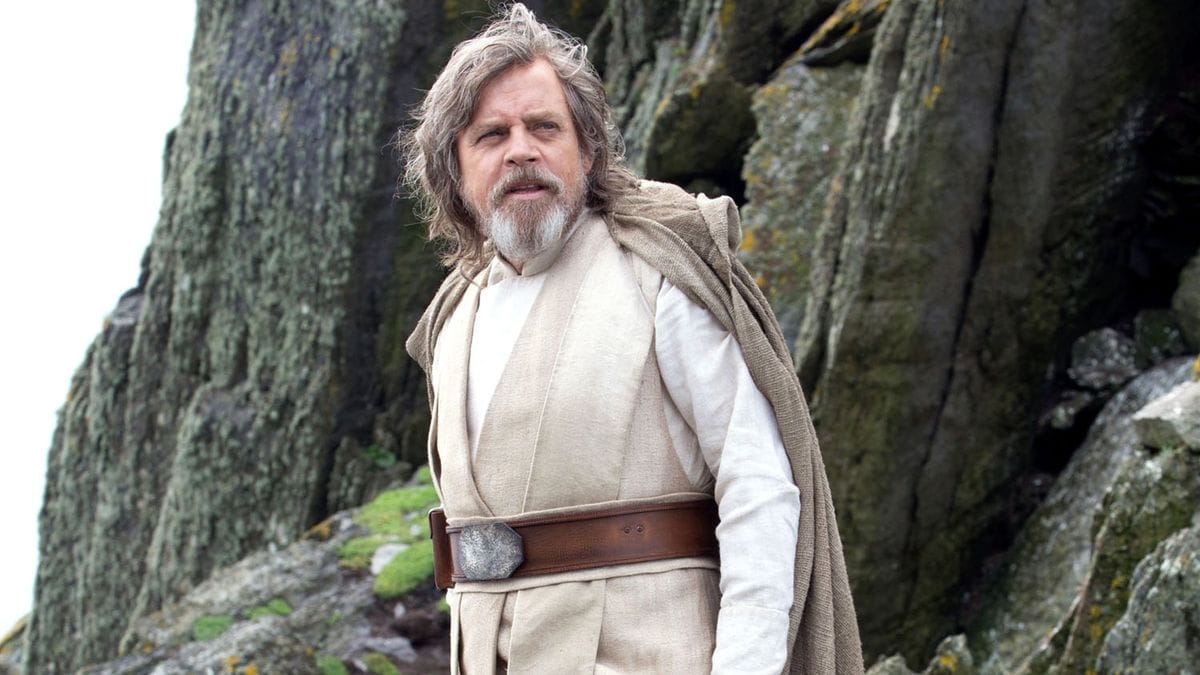If you were to line up ten Star Wars fans and ask them who their favorite Jedi was, a solid majority would immediately point to Luke Skywalker. It's not hard to see why. An everyday farm boy who become a Jedi Knight and the downfall of the Empire? He was literally written to be the fantasy of every youth who ever dreamed of being a hero.
It shouldn't be any surprise that a lot of those same fans hated what the Star Wars sequel trilogy did to his character. When we finally re-meet Luke in The Last Jedi, he's an old and tired failure. His past successes are exactly that: in the past. His choices and mistakes led to him falling vastly short of the legend fans (and the franchise) had built him up to be.

For all the problems that The Last Jedi had though (it was only half of a good movie, at best), I always liked what it did to Luke. I liked the idea that this heroic man who had done great things could also completely screw things up. I liked that he could fall into a wallowing depression. I liked that the movie didn't present him as a flawless paragon of heroism, just waiting for something to nudge him back into the fray.
Some of this, I know, is because The Last Jedi came out while I still was mired in the long fallout of one my own major personal/professional failures. It felt stupidly comforting to think, "Even Luke Skywalker can mess things up."
It also helped that the movie ended with Luke Skywalker rising up from his failure to become a hero (of sorts) again.
Luke Skywalker confronts the First Order.
In retrospect, I've always had an affinity for stories like that. One of my favorite video games (Final Fantasy VI) is about a group of heroic rebels who fail at the halfway point. The world they're fighting to save is laid to waste by the bad guy. The rest of the game is about the heroes pulling themselves together to try again.
I re-read The Lord of the Rings this past year, and the entire saga is one long (very long) story about a world where the failures and shortcomings of people in the past have left the world in the grip of a seemingly unbeatable evil. Middle-Earth is a world where people, great and small, have to rise up and fight against unfathomable terrors, with little real hope of success.

I'm not unique for liking these. Stories about underdogs are a dime a dozen. Fiction about people getting back up to fight against impossible odds are widely popular. Why people love them is no great mystery, either.
We can all relate to failure. We have all lived through losses and personal stumbles that have redefined our lives. Some grander failures, in recent years, have redefined the entire world we live, to the point that some of us can barely even recognize the country where we've built our lives.
Stories like Star Wars, The Lord of the Rings, and all of the many others, tap into the simple hope that things, no matter the odds, through effort, perseverance, and a little bit of a luck, can get better. The hope that the bad things in our lives don't have to be permanent, even if they never go away entirely.
"I wish the Ring had never come to me..."
These stories might just be fiction, but they contain a small kernel of all-important reality. History is full of tyrants and evils that seemed unstoppable in their eras. There have been countless times in the past when people couldn't imagine a way past whatever darkness had fallen over the world. But despots do fall and the world moves forward, even if it takes time and even if things aren't the same as they were before.
As long as people keep trying, we will get past this. Whatever bad things the world is enduring, they will come to an end someday as long as people keep trying.

